Audiobooks have become increasingly popular in recent years, allowing busy people to fit more reading into their daily lives. However, their convenience comes at a price – audiobooks are significantly more expensive than their print counterparts. This begs the question – why exactly are audiobooks so expensive compared to regular books? There are several factors that contribute to their higher cost.
Production Costs
Creating an audiobook requires much more than just having someone read a book out loud. High-quality audiobooks require a professional studio setup, experienced producers, sound engineers and, of course, seasoned voice actors. The production process involves many steps, including pre-production planning, extensive editing and mastering. This requires time and expertise, making production costs substantially higher than print.
Talent Costs
Top voice actors who can compellingly narrate non-fiction and dramatize fiction are in high demand. For popular titles, publishers hire celebrity narrators who command very high fees. Lesser known yet experienced narrators are still paid well for their skills. With audiobooks running eight to ten hours on average, those voice actor wages add up.
Licensing and Royalties
Publishers have to pay licensing fees to the author of the book being turned into an audiobook. The same applies for any copyrighted material used. Furthermore, authors get royalties on every audiobook sold, usually amounting to 20-40% of the retail price. These costs have to be included in the final price.
Length
Audiobooks understandably take much longer to create than print books. A 10-hour audiobook requires approximately 15-20 hours of studio time to record and produce. The longer runtime also means more CDs or cloud storage space is taken up. This affects pricing relative to a print book.
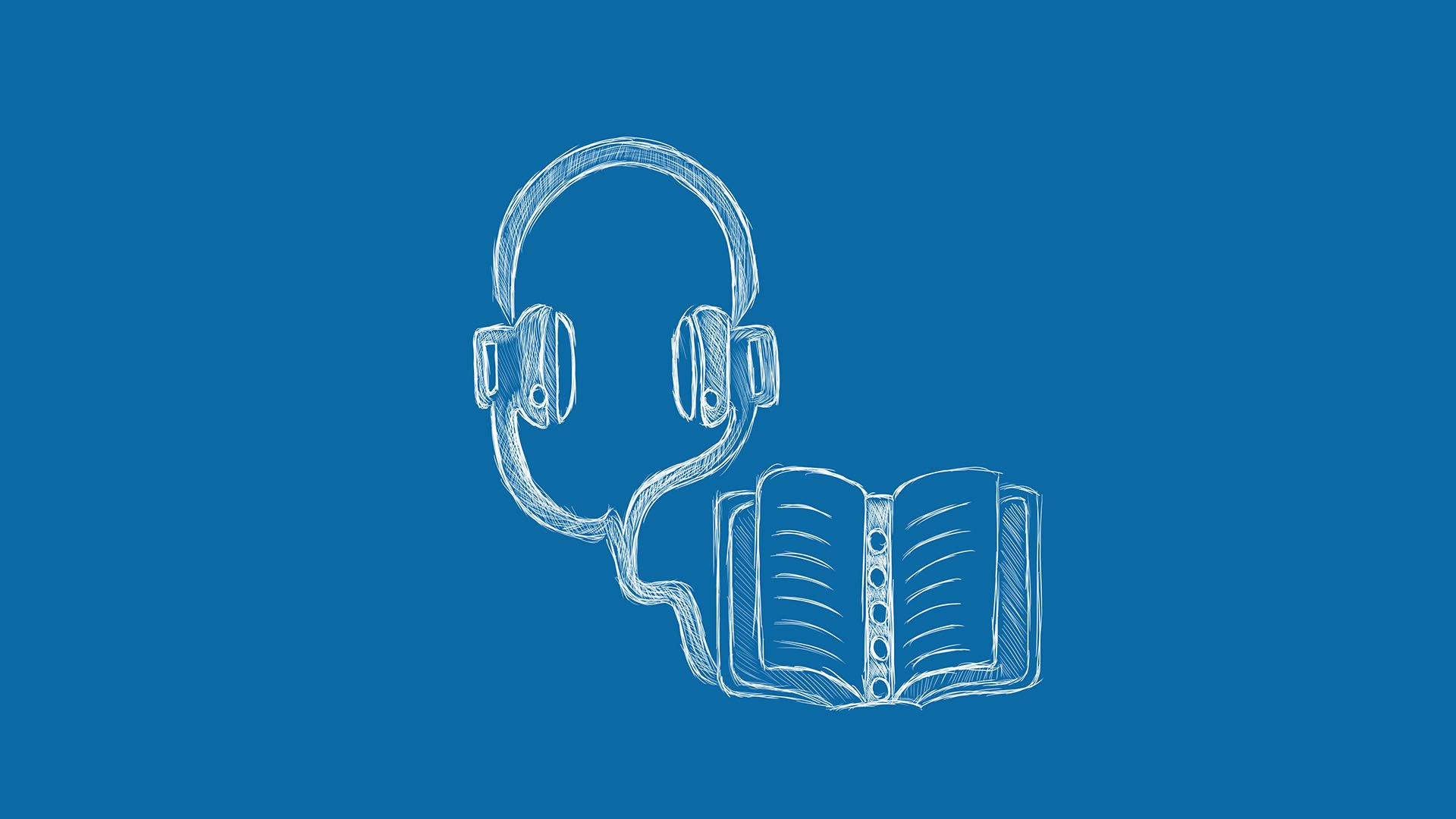
Limited Audience
Although growing, the audiobook market is still just a fraction of the larger book industry. This means production costs are divided over a smaller number of sales. Publishers charge higher prices to make up for the smaller audience and revenue. As audiobook popularity increases over time, prices may start decreasing.
Extra Features
Audiobooks often contain bonus content like author interviews, musical scores or sound effects that are layered into the narration. Adding these special features requires yet more production work and costs. Again, the expense is transferred to the retail price.
Delivery Costs
For CD audiobooks, manufacturing, packaging and shipping costs have to be covered in the price charged to the consumer. With online audiobooks, there may be less distribution costs, but hosting and bandwidth expenses for digital delivery platforms. These logistics expenses contribute to pricing.
Lack of Competition
The audiobook industry is dominated by Audible, owned by Amazon. Audible sets higher prices than print books which consumers are willing to pay for the convenience. Lacking major competition in the market, other retailers have followed suit in setting similarly high prices. More competition could potentially drive prices down.
Convenience and Value
Consumers are willing to pay premium pricing because of the added convenience, portability and practicality offered by audiobooks. Audiobooks allow for multi-tasking, expanding opportunities for reading via listening. Given the amount of time the average audiobook requires, many find them a good value despite the higher cost compared to print.
In summary, producing high-quality audiobooks involves considerable production, talent, licensing and distribution costs. The added values of convenience and portability make the format worth a premium price to avid listeners. As audiobooks continue gaining popularity, increasing competition and economies of scale could potentially bring prices down closer to physical book levels. But for now, the significant benefits still outweigh the extra cost for most book lovers.
 Skip to content
Skip to content
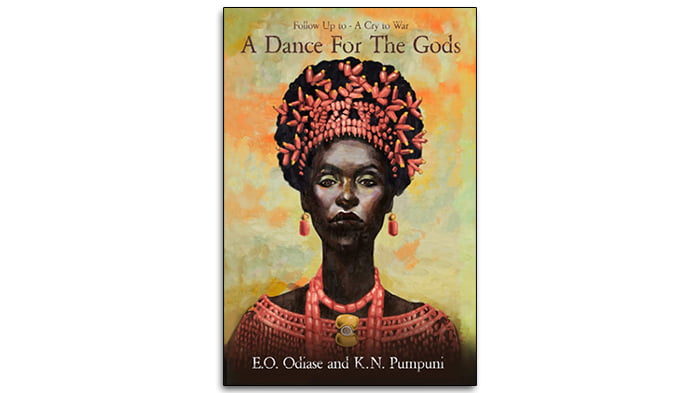
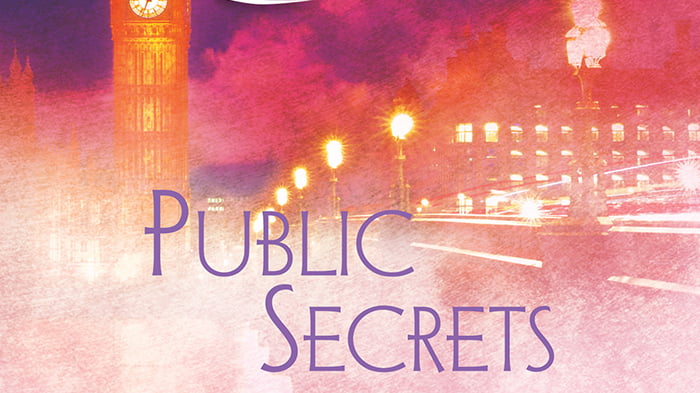


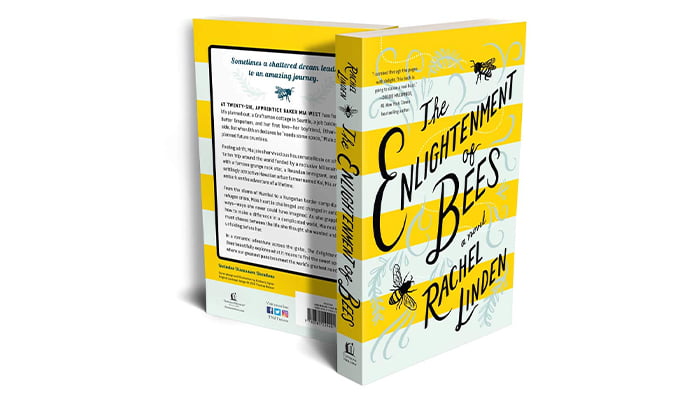
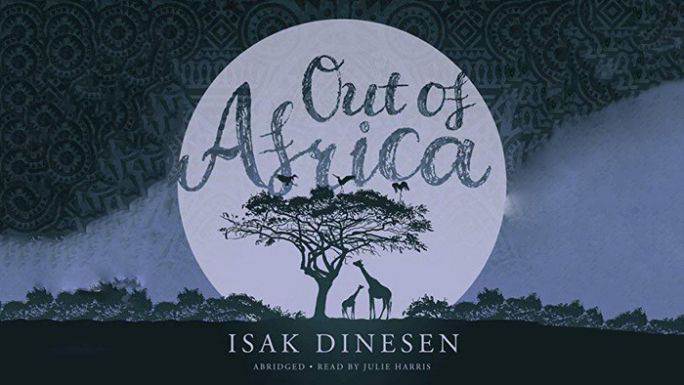

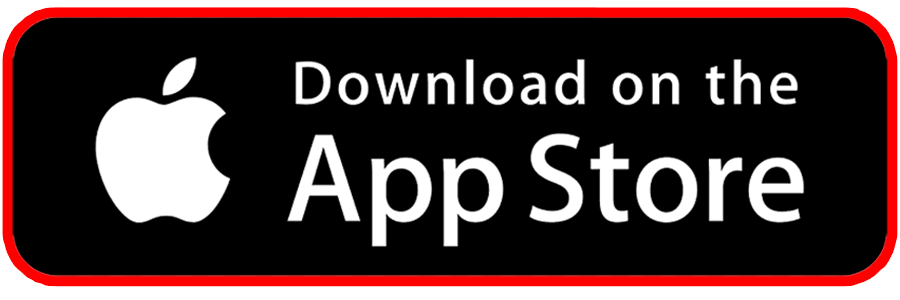

expensive , omg !!!!!!!!!!!